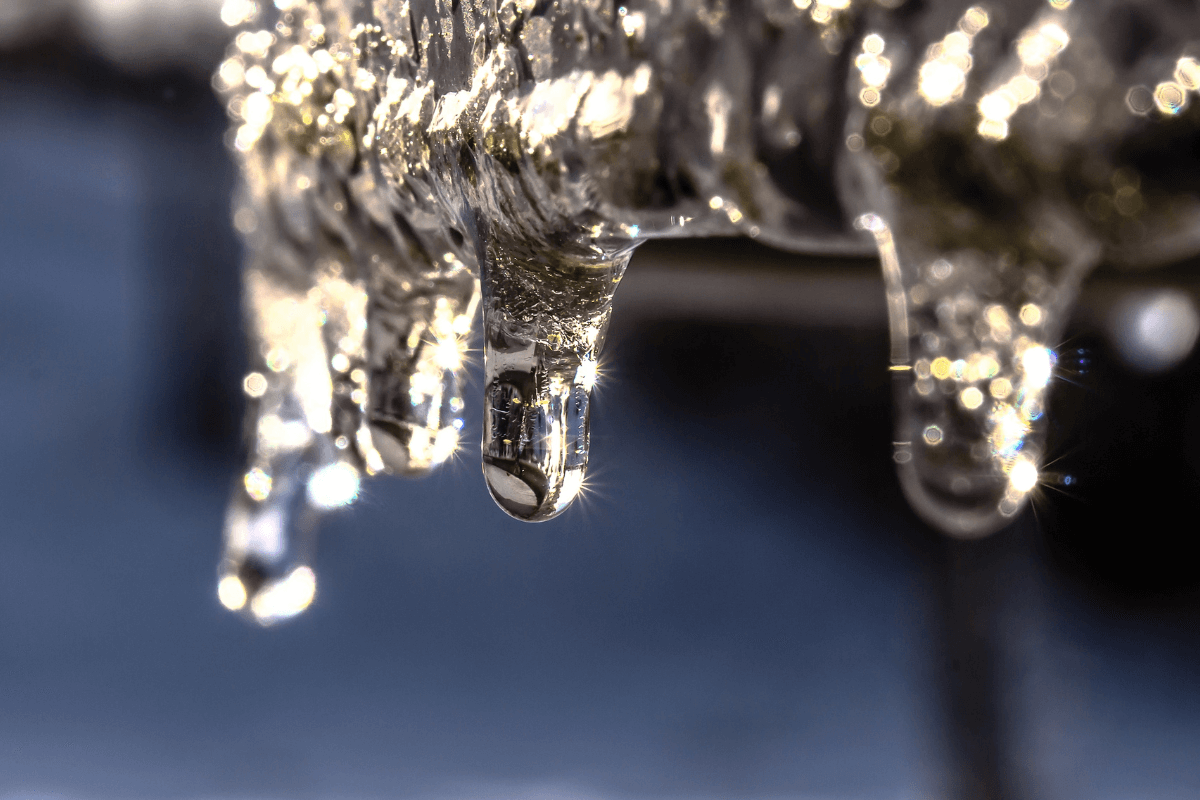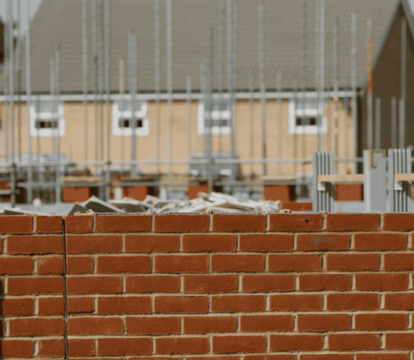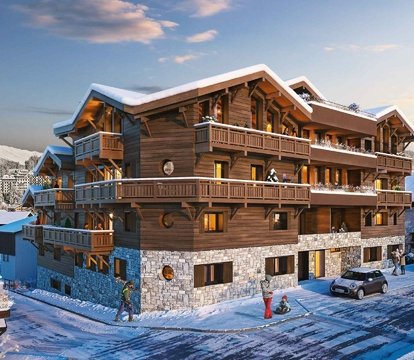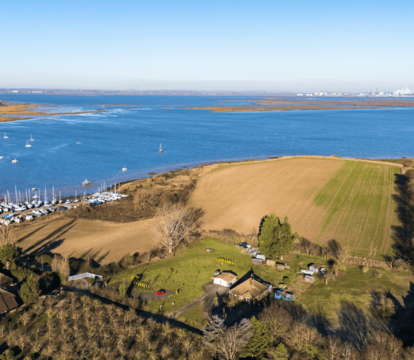How to avoid and treat frozen pipes
The cold weather is definitely here and it’s essential to consider ways to protect your property from the elements! A little prep work can help prevent frozen pipes as temperatures plummet. The team at Quealy & Co, your trusted local estate agent in Sittingbourne, have put together their top tips for frozen pipes.
Why do frozen pipes sometimes burst?
Water expands as it freezes, pressurising the pipe from the inside out. Whether the pipe is strong enough to withstand the pressure without buckling depends on the volume of frozen water, the type, shape, and age of the pipe, and whether corrosion is already present.
The good news is that it's often preventable with a few simple precautions!

How can I stop my pipes from freezing this winter?
Have your boiler regularly serviced?
If your heating isn’t working efficiently, the cold spots in your system will be most vulnerable to the cold. Having your boiler serviced yearly is the best way to prep your pipes and keep your system ready for everything winter has in store.
Insulate
Insulating your pipes and water tanks is one of the best ways to prevent them from freezing. Most DIY stores sell inexpensive pipe lagging and tank jackets, which you can fit yourself for free.
Then, focus on these key areas:
- Outside pipework—such as heating drainpipes and overflow pipes. In addition to straight pipe lengths, remember to cover bends, valves, and fittings. And don’t forget your outside taps.
- Pipes in colder areas of your home – like unused loft spaces, garages and basements
- Water tanks – be sure to insulate tanks in colder areas, such as basements, garages and unused lofts.
Encourage warm air flow and shut out the cold.
If you have pipes and tanks in unheated loft spaces, open the hatch during icy weather to allow the warm air from downstairs to rise and keep the chill off.
If some of your pipes or tanks are inside cupboards, open the cupboard doors so the air from warmer parts of your home can circulate them.
When it’s frosty outside, you must ensure it doesn’t get too cold inside. Keep your thermostat set to at least 7°C - even if you’re not home.
Block out any chilly breezes by keeping windows closed and using draught excluders.
Fix leaking taps
Leaky taps can freeze drains and cause water to overflow into the sink.
So ensure your taps are always fully off and have them fixed if they’re persistent drippers!
Know where your stopcock is
You must know how to stop the water flow to your home if your pipes freeze.
Know where your stopcock is, clear the area around it for easy access, and use it immediately if you spot a leaky pipe.
Turn off the water if you’re going away.
It’s worth turning your water off at the stopcock if you won’t be home for more than a few days. It might even be worth draining the water in your system by running the taps until they’re empty. Just remember to close them again once you’ve finished.
Signs of trouble
If you’re still worried about your pipework when the cold weather rolls in, here are a few tell-tale signs to look out for:
- Little or no water coming from your taps or shower
- Exposed pipes that appear frosty or wet
- Unusual noises coming from your system when you flush the toilet or use your sink. Bubbling or whistling sounds could be a sign of air trying to escape your pipes through a blockage
- Damp patches or rings on walls or ceilings.
Maintaining your home
Our team at Quealy & Co are always available to offer property advice, so please don’t hesitate to call us if you have any questions.
Call us at 01795 429836 or email hello@quealy.co.uk to chat with a member of our friendly and experienced team.
Other Stories
23 January 2026
Ski-In, Ski-Out Living at L’HÉRITAGE, Morzine
19 January 2026

 by
by 




